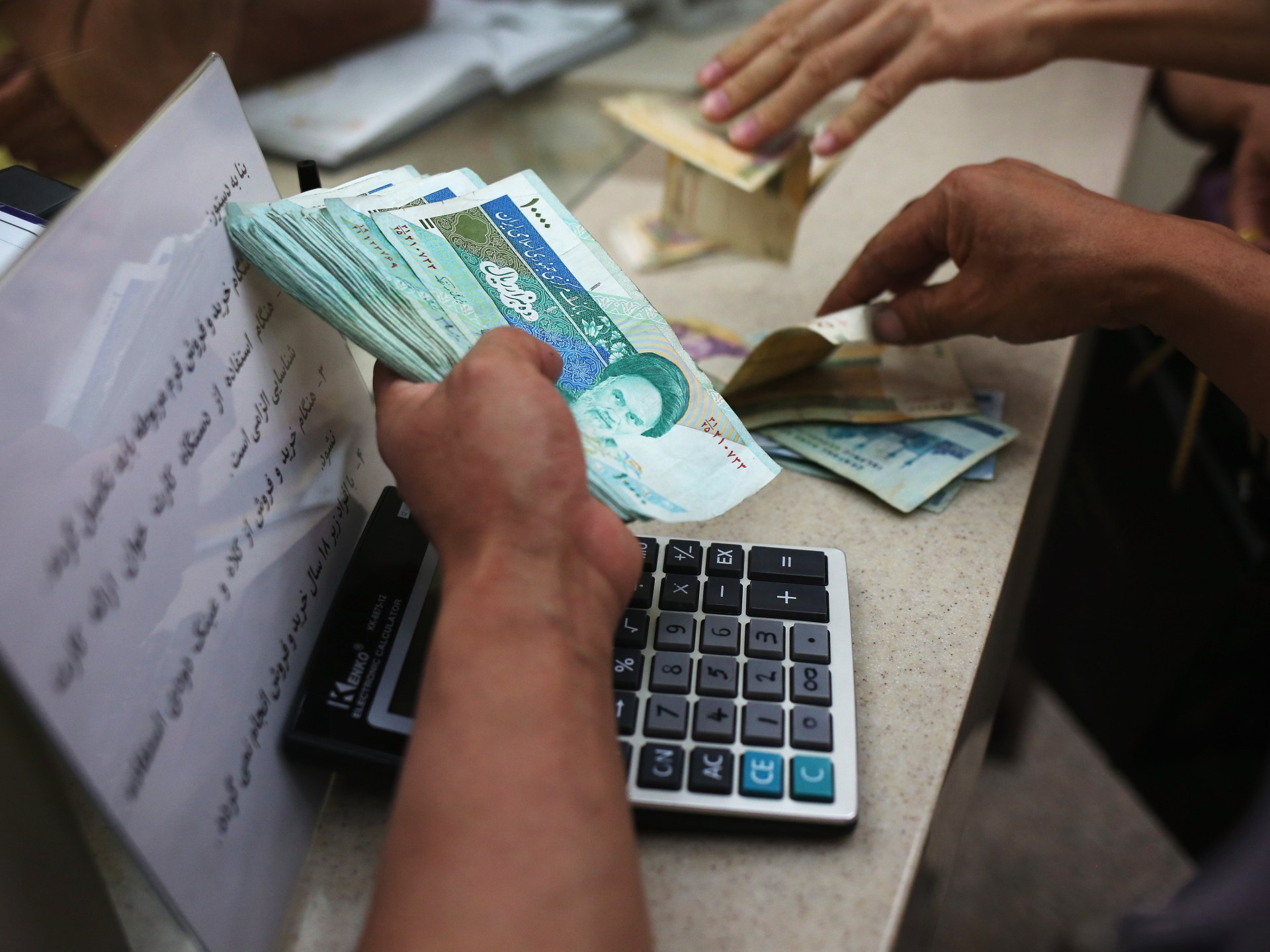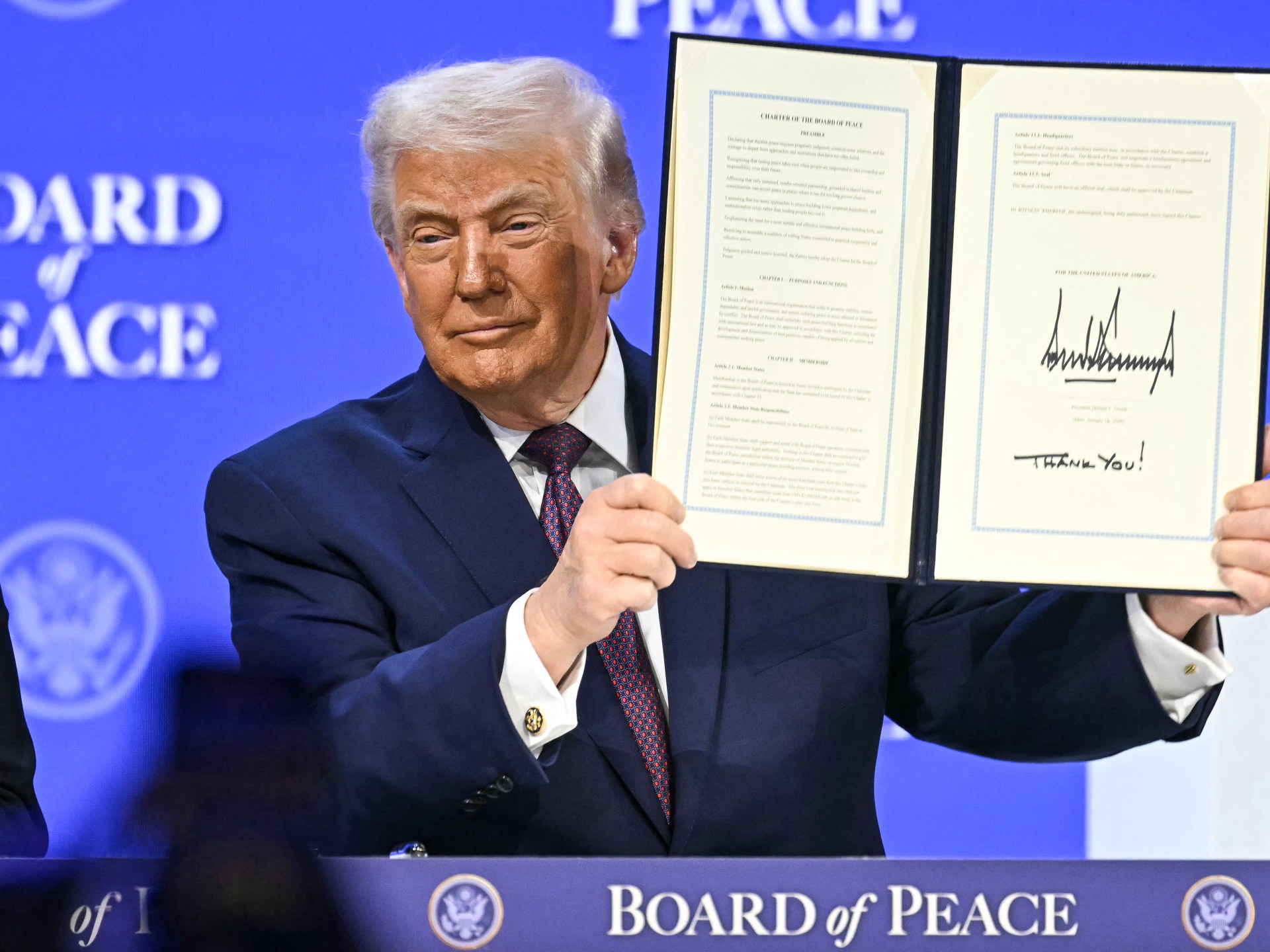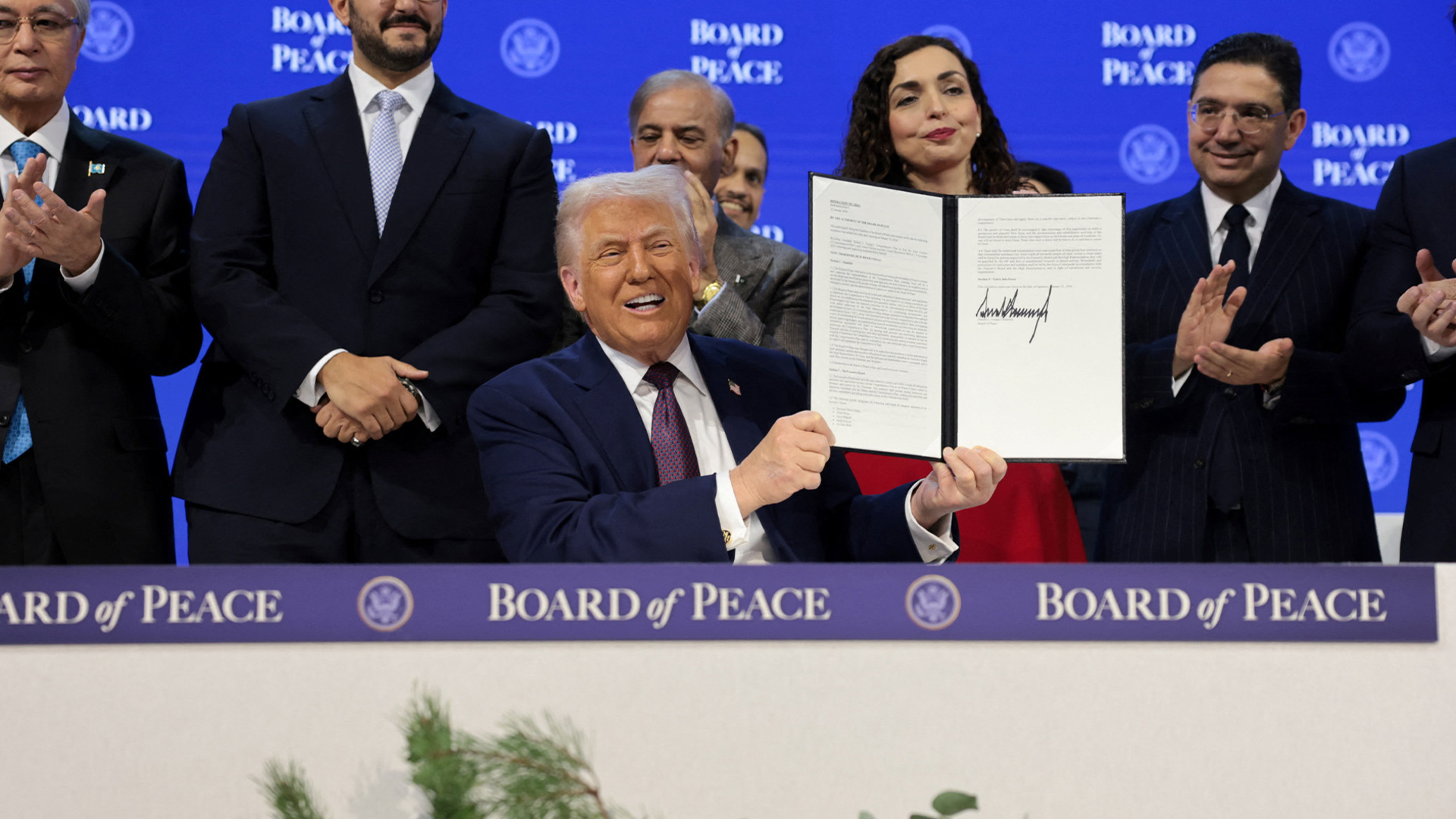The Trump administration has worked diligently to undermine the UN, particularly its efforts to uphold universal human rights, since taking office a year ago. Donald Trump, the current US president, wants to form a “Board of Peace,” with himself as the chairman forever. While many nations were invited, those signing up appear to be a rogues’ gallery of leaders and governments with varying levels of appalling human rights records.
In order to stop another World War II crime against humanity and genocide, the United States was instrumental in founding the UN in 1945. The US has always had a love-hate relationship with the UN, always being wary of perceived threats to its autonomy. However, the Trump administration has criticized what it perceives as “anti-American” and “hostile agendas,” insisting on the hate and displacing the love.
Numerous vital UN programs have been ignored and underfunded by the administration. Additionally, a significant portion of the assessed contributions, which member states are required to pay, has been withheld. The administration has discontinued funding the UN population fund, which supports and defends women and girls in armed conflicts and crisis zones, and has withdrawn from the UN World Health Organization, UN climate bodies, and international climate agreements.
In UN negotiations, US negotiators have pushed Trump’s ideological agenda and demanded that some of the language used in statements and resolutions be removed. Because the Trump administration views them as “woke” or politically correct, the UN diplomats claim that targeted language includes words like “gender,” “diversity,” and “climate.” The administration has had a few successes with its ideological campaign in the UN Security Council, but it has had a difficult time in the General Assembly, where the US is one of 193 members without a veto and has had some success.
The administration appears to be determined to reincarnate the Security Council in a Trumpian manner, though. According to the proposed charter of the Board of Peace, it is “an international organization that seeks to promote stability, restore dependable and lawful governance, and ensure enduring peace in areas affected or threatened by conflict.”
The Russian and Chinese governments, which have worked tirelessly for years to de-emphasize human rights at the UN, are undoubtedly hearing something about human rights because the charter doesn’t mention them.
According to the $1 billion fee for permanent membership, Trump’s board appears to be a sort of pay-to-play, global club. It’s difficult to imagine this body prioritize ending suffering, hatred, and bloodshed, as Trump remarked at the World Economic Forum’s launch event on the sidelines of the forum. There are several well-known human rights abusers and leaders who have been linked to war crimes. Vladimir Putin, the president of Russia, and Benjamin Netanyahu, the prime minister of Israel, are two of the people Trump has invited to join. Both of them are facing international criminal court (ICC) arrest warrants for war crimes and crimes against humanity. Trump has invited leaders from China, Belarus, and Kazakhstan to his board, each with their own appalling human rights records.
According to the charter, Trump would have the power to “adopt resolutions or other directives” as chairman of the board.
Hungary and Bulgaria are the only European Union members who have so far ratified joining. Viktor Orban, Hungary’s far-right populist prime minister, has long supported Trump. Trump threatened to significantly raise French wine and champagne tariffs in response to French President Emmanuel Macron’s refusal to accept a position.
Trump also gave Canada a seat on the board that was a permanent one. However, he withdrew the offer following Davos speech by Prime Minister Mark Carney. Carney sharply criticised the use of economic coercion by great powers against smaller nations while not mentioning Trump or the US. Carney urged middle-class nations to unite and combat bullying from great powers.
Following an additional two years of Israeli forces’ atrocities that left at least 70, 000 Palestinians dead, with whom the US was associated, the Board of Peace was originally intended to be in charge of Gaza’s administration. Gaza is not mentioned in the board’s charter. However, Jared Kushner, Trump’s son-in-law, led a side event at Davos that focused on Gaza. The “Gaza Executive Board,” a subsidiary of the Board of Peace, will consist of Kissner.
Kushner gave the impression of a “New Gaza,” complete with glittering office buildings and pristine beaches crowded with people. Tony Blair, the Trump negotiator Steve Witkoff, and senior Türkish and Qatari officials make up the Gaza Executive Board, which is unoccupied.
Governments should collaborate to uphold international human rights, humanitarian law, the rule of law, and accountability rather than handing out $1 billion checks to Trump. They should use all available resources to combat unfair US actions, including Trump’s sanctions against prominent Palestinian human rights organizations, ICC judges, and UN special rapporteurs. They should demand answers from all warring parties, whether in Gaza, Sudan, Ukraine, Myanmar, or anywhere else.
Anything less would put Trump in danger of winning and would make it easier for him and his board to support the UN and other important international organizations. The UN has its issues, including those relating to the protection of human rights. However, it is still worthwhile to strengthen rather than to replace it with an allies of war criminals and rights violators.






